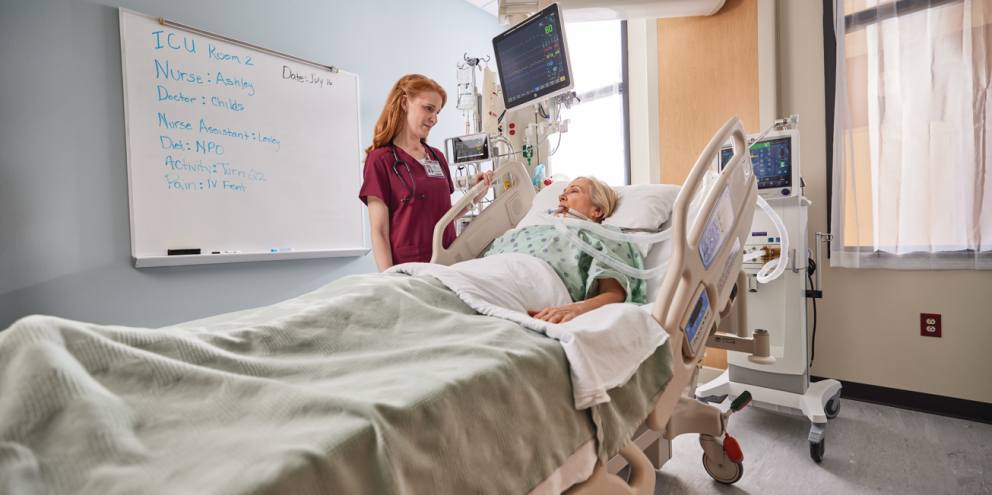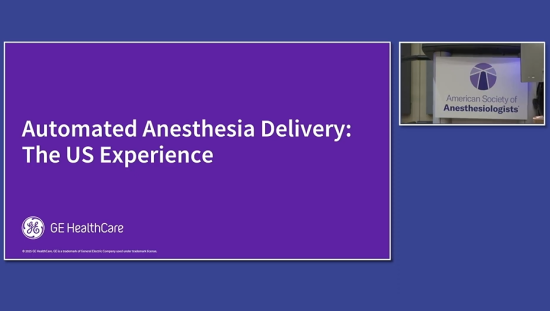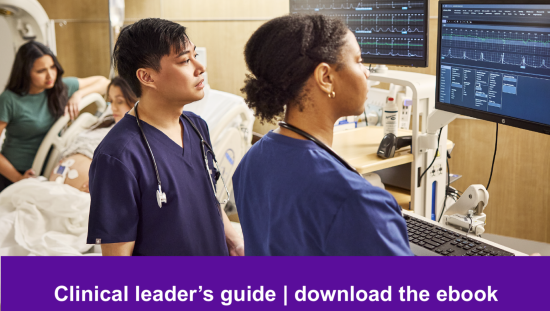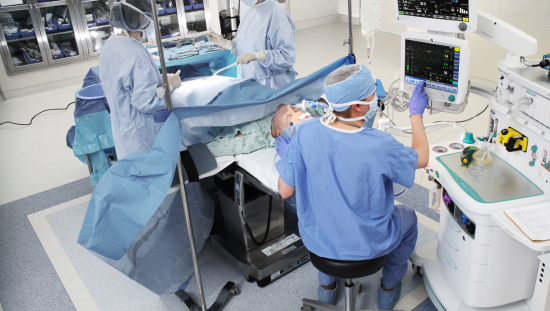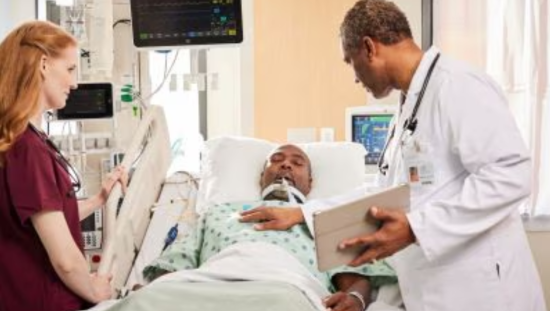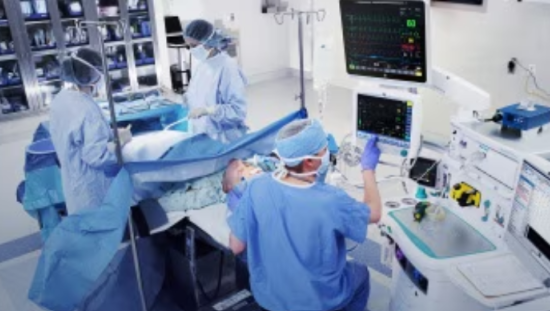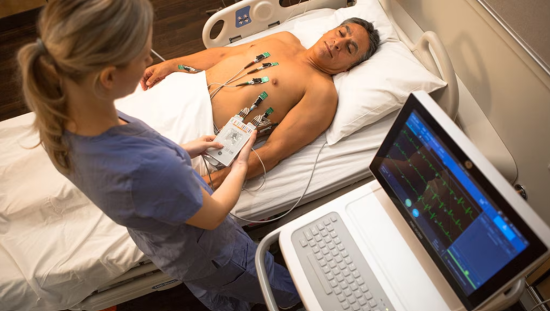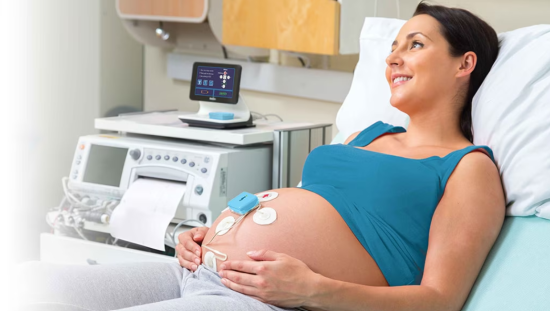A distinguished group of subject matter experts delve into current systems' limitations and emerging technologies' transformative potential.
Patient Monitoring: A Fundamental Pillar in Healthcare
Monitoring patient health is crucial to delivering high-quality care and preventing deterioration. However, existing technologies often fall short, creating challenges for healthcare providers and potentially jeopardizing patient safety. Current systems generate information overload, with excessive data that can overwhelm clinicians, leading to delayed interventions. Alarm fatigue, triggered by frequent false alarms, and poor integration across care systems further complicate timely and effective patient care.
The article brings together experts from the EMEA Patient Monitoring Advisory Board, who met in Glasgow, UK, to discuss these challenges and suggest potential solutions. Their key conclusions reshape the conversation about how healthcare systems should address monitoring gaps and innovate for better patient outcomes.
“Transforming patient care means building monitoring systems that are interoperable, flexible, and designed to help clinicians visualise the right data at the right time to make better decisions,” said Prof Maurizio Cecconi, anaesthesiologist, intensive care specialist and member of the advisory board.
Key Findings and Opportunities
Addressing Information Overload & Alarm Fatigue: The need for more intuitive, clinically relevant data visualisation and alarm systems prioritising accuracy and context is urgent. The experts advocate for AI and machine learning integration to streamline decision-making, reduce clinician workload, and prevent burnout.
Integration and Interoperability: A unified monitoring system across care pathways is essential. Experts recommend seamless integration to ensure that healthcare providers have a cohesive view of the patient’s health, facilitating better coordination, quicker interventions, and reduced clinician burden.
Innovative Monitoring Solutions: From wearable biosensors that track metabolites to smartphone-based monitoring apps, new technologies offer tremendous potential for enhancing remote patient care, improving accessibility, and providing real-time health data. However, the challenge remains to balance innovation with sustainability, ensuring that new solutions are environmentally friendly, affordable, and adaptable across diverse patient populations.
“Improving patient outcomes requires a clear understanding of the complexities of modern healthcare, the limitations of current technologies, and a forward-looking vision,” added Dr John Beard, Chief Medical Officer of GE HealthCare, Patient Care Solutions, and advisory board member. “By working closely with leading clinicians, we drive the innovations needed to transform care in the digital age. Future solutions must bridge gaps in monitoring, harness the wealth of available data, and meet the needs of an ageing population supported by a stretched workforce. The priorities set out in this paper offer a structured roadmap to guide meaningful, targeted innovation.”
Future-Ready Healthcare: Digital transformation in healthcare can revolutionise patient management by improving data continuity, fostering timely interventions, and enhancing patient outcomes. Experts call for the widespread adoption of point-of-care technologies, AI-based analytics, and advanced wearable devices that are reliable, accurate, and adaptable to diverse clinical settings.
The experts urge healthcare systems worldwide to prioritise developing and adopting patient-centered, environmentally sustainable, and clinically efficient monitoring systems. These efforts aim to enhance patient safety and outcomes and reduce the strain on healthcare providers, ultimately contributing to a more sustainable healthcare ecosystem.
For more information on current gaps and opportunities in patient monitoring technologies, read the full article here:
https://icm-experimental.springeropen.com/articles/10.1186/s40635-025-00733-z

